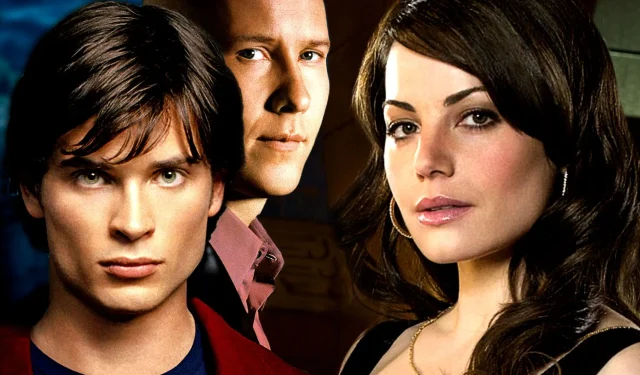
Smallville holds the record as the longest-running live-action superhero series, captivating audiences for a full decade with its unique interpretations of the Superman mythology. Led by Tom Welling as Clark Kent and Michael Rosenbaum as Lex Luthor, the series primarily explores Clark’s origins while also delving deep into Lex’s emotional backstory. Their complex relationship served as a driving force in the earlier seasons, before the narrative expanded to include various threats from the extensive DC universe. The impressive cast features notable actors such as Annette O’Toole, John Schneider, John Glover, Kristen Kreuk, and Erica Durance, among others.
Throughout its impressive run, Smallville managed to maintain a consistent quality, with every season offering redeeming qualities despite a few less favorable episodes. While some seasons might receive lower ranks, this does not necessarily reflect poor overall quality. Such longevity inevitably leads a show to evolve its narrative and character arcs, resonating differently among diverse audiences. Here is a ranking of all ten seasons of Smallville:
10
Season 5: Peaks and Valleys in Smallville
Strong Start, Early Climax in Episode 12

Season 5 of Smallville faced the challenging task of transitioning its core characters—Clark, Lana Lang, and Chloe Sullivan—from high school to college. This shift creates a narrative that feels slightly disjointed, reflecting the reality of changing friendships and romances. However, the series somewhat preserves these relationships intact.
Among the standout elements of this season are the introductions to Brainiac and the poignant farewell to Jonathan Kent. Brainiac emerges as a formidable antagonist, while Jonathan’s departure serves as a profound moment of growth for both Clark and the audience, marking a critical transition into adulthood. This emotional moment resonates deeply, especially as Jonathan’s demise mirrors common themes in other Superman adaptations.
Sadly, the latter half of Season 5 doesn’t quite measure up to its powerful beginning, with few episodes able to reach the emotional heights established by Jonathan’s passing. Nevertheless, the season includes welcome guest appearances from characters such as Aquaman and Cyborg, effectively paving the way for future developments.
9
Season 4: A Triumphant Conclusion to High School
The Arrival of Lois Lane
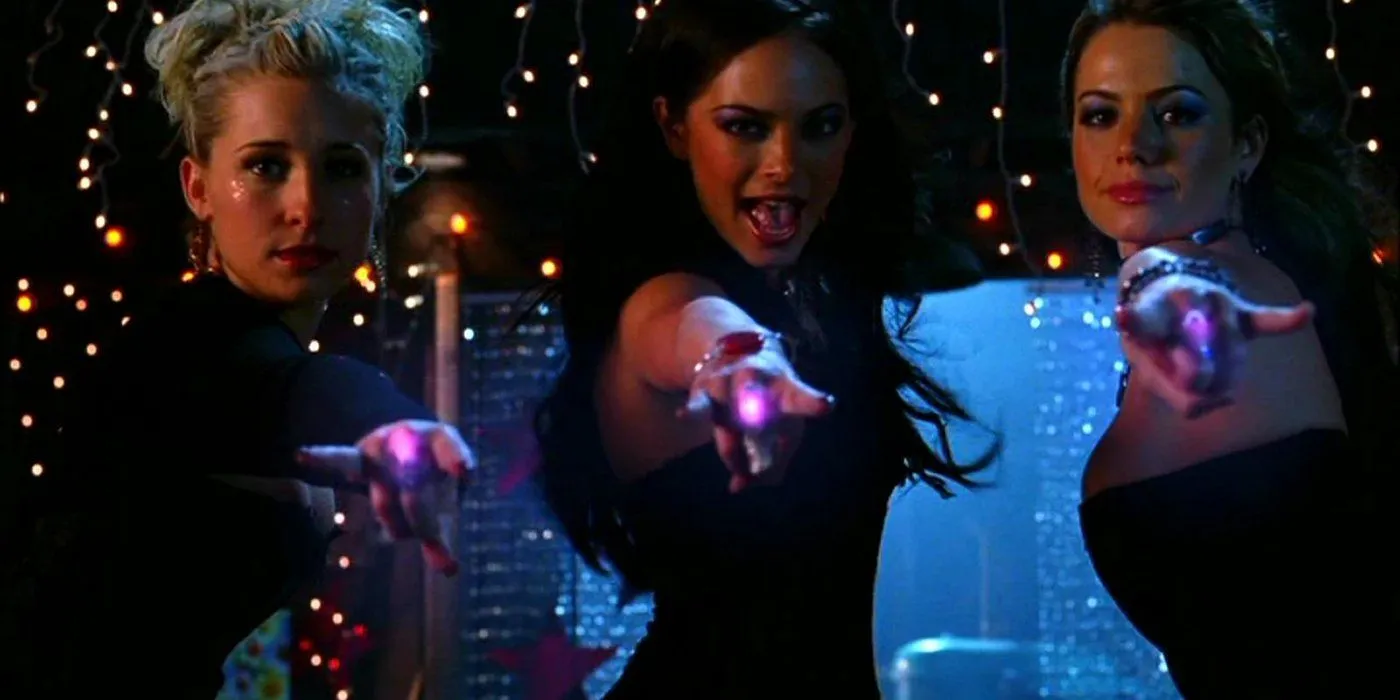
Smallville’s fourth season showcases its characters navigating their high school years with various challenges, ultimately concluding this chapter on a high note. The most notable addition is the introduction of Lois Lane, whose engaging personality acts as a perfect foil to Clark Kent, even if her screen time is limited. Additionally, Jason and Genieve Teague present a formidable presence, providing common ground for the entwining arcs of Clark and Lex.
This season successfully wraps up the high school storyline, solidifying its place in the overall narrative of Smallville.
8
Season 6: Expanding Horizons
Oliver Queen Revolutionizes Smallville

In its sixth season, Smallville embraces bold narrative shifts with the introduction of characters like Jimmy Olsen and Oliver Queen. The season kicks off with a suspenseful plot involving General Zod possessing Lex, setting the stage for the conflicts to come. Clark and Lex’s relationship takes a darker turn with Lex’s marriage to Lana, showcasing the lengths a man will go to in a desperate pursuit of love.
Oliver Queen’s entry into the story marks a significant milestone, as his character lays the groundwork for a future iteration of the Justice League. While the portrayal of Green Arrow is now commonplace in live-action adaptations, it was groundbreaking during this era, adding depth and excitement to the series overall.
7
Season 7: Lex’s Downfall
Lex Luthor’s Transformational Arc
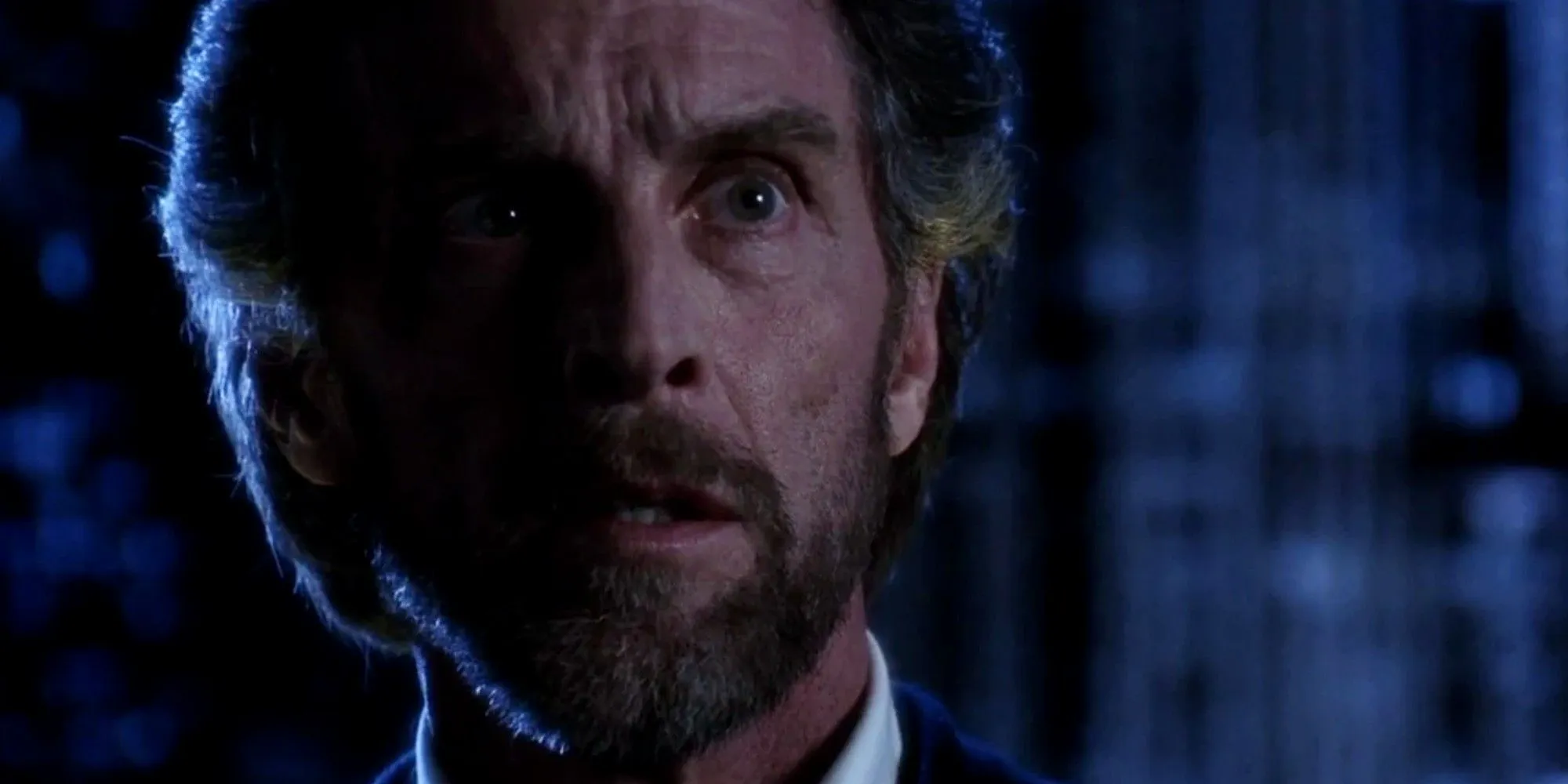
Season 7 of Smallville takes a more mature approach, introducing significant Superman-centric characters, including Supergirl. This time marks a pivotal transition for Lex, as he fully embraces his villainous role. Michael Rosenbaum delivers some of his finest performances throughout this season, showcasing Lex’s emotional turmoil as he navigates a complex web of familial expectations and personal ambition.
Unfortunately, Clark and Lana’s reunion feels regressive, especially after their nuanced character development apart, and the season’s narrative sometimes feels disjointed. Nevertheless, it closes with one of the series’ strongest finales that fans eagerly remember.
6
Season 8: A New Direction
Darkness Approaches for Clark Kent
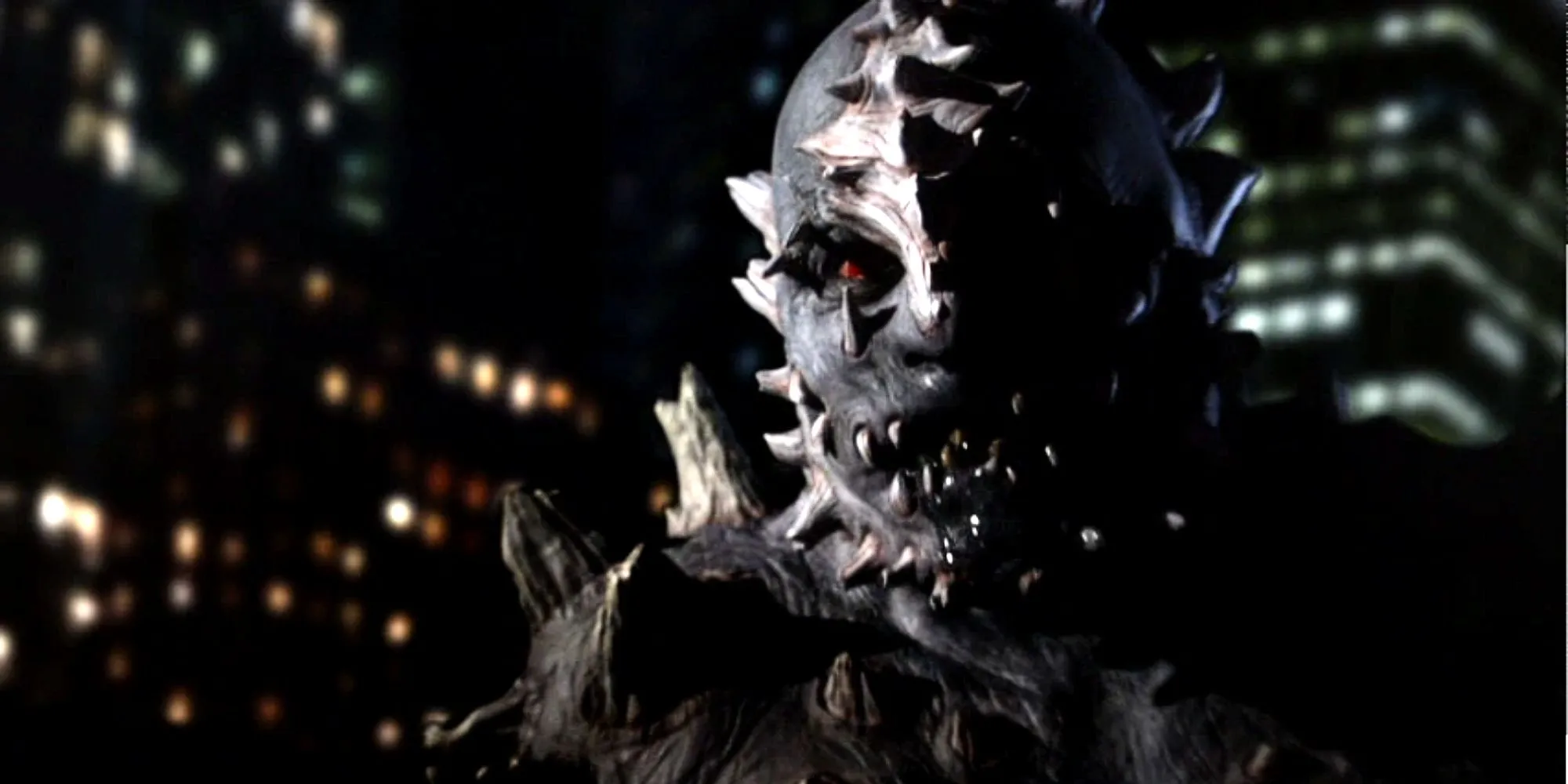
As Season 8 unfolds, Smallville ventures into a new narrative territory, introducing Tess Mercer as a successor to Lex and allowing Oliver to join the main cast. Meanwhile, Lois transitions into a role befitting her comic book counterpart, taking on the challenge of investigative journalism alongside Clark. This season’s highlight includes the controversial introduction of Doomsday, presented with a human alter-ego, Davis Bloome, a storytelling choice that has received its share of criticism yet remains engaging due to Sam Witwer’s strong performance.
5
Season 1: The Foundation of Smallville
The Formation of a Legendary Bond
While ranking the inaugural season lower might seem controversial, it is essential to recognize that Smallville‘s first season is exceptionally executed. The season embraces a freak-of-the-week narrative structure that provides audiences with profound insights into core character relationships, enriching the world of Smallville and emphasizing the stakes in Clark and Lex’s early conflicts.
The overarching storyline follows the budding friendship between Clark and Lex, heightened by Clark’s efforts to conceal his burgeoning powers. Amidst teenage cringes, family drama, and emerging friendships, Season 1 effectively establishes the show’s essential players.
4
Season 9: A Transitional Phase
Confronting the Kryptonian Legacy
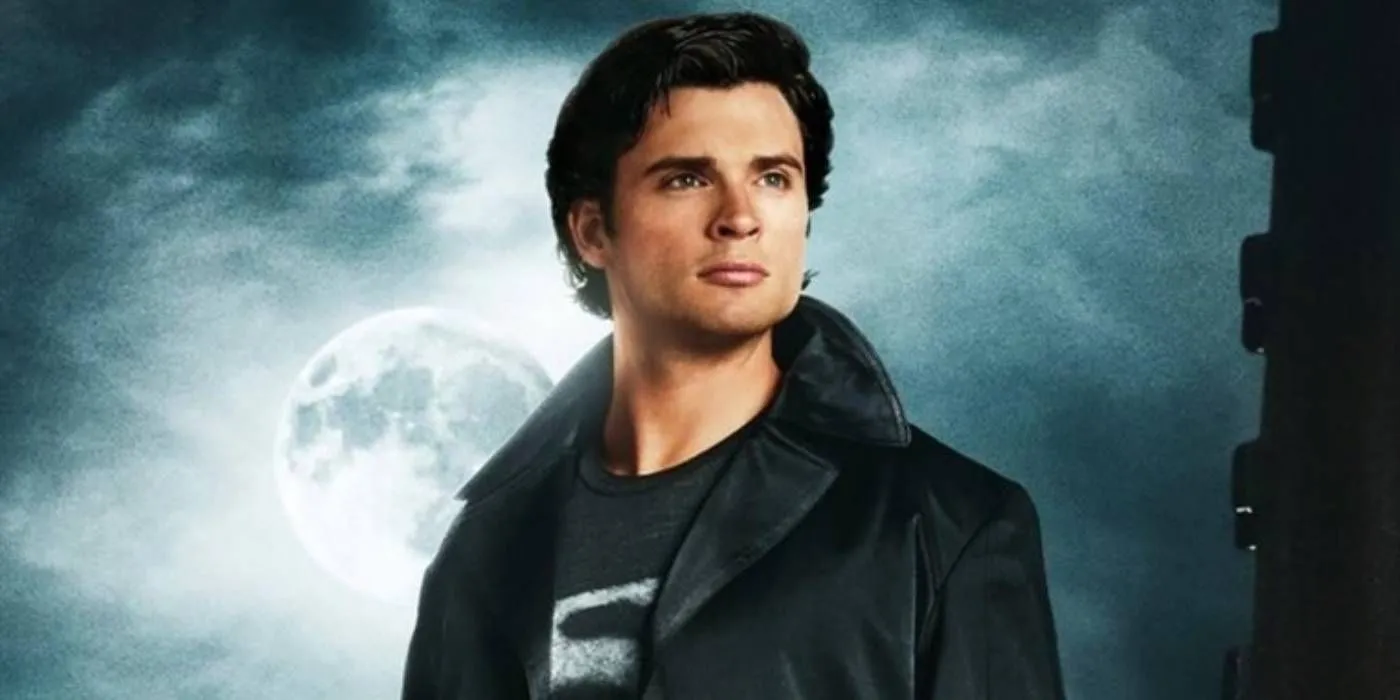
In its ninth installment, Smallville reaches a crucial crossroads, shedding the lingering high school drama while introducing new antagonists beyond Lex. The significant presence of Major Zod adds an element of menace, as Clark’s romantic relationship with Lois begins to blossom. The show reinvigorates the storyline by intertwining various characters from the wider DC universe, bringing Amanda Waller into the fray, among others.
3
Season 2: Deeper Revelations
Discovering His Tragic Origins
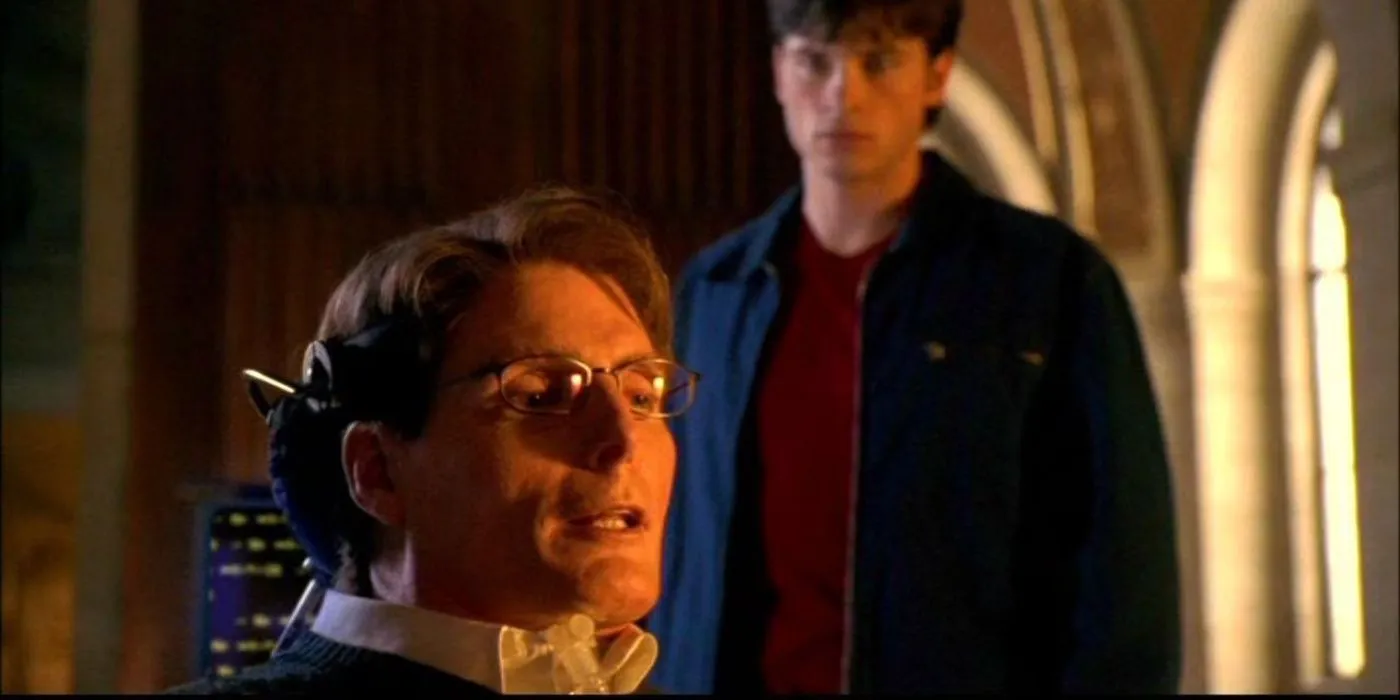
Beyond significant narrative developments, Smallville‘s second season further refines its character landscape by introducing Pete Ross, who becomes privy to Clark’s secret. By sharing this knowledge, the narrative alleviates some tension surrounding Clark’s need for secrecy and enriches the storytelling. Overall, this season seamlessly builds upon the first, integrating deeper Superman lore into the mix.
2
Season 10: The Grand Finale
Clark’s Ascent to Heroism
In a landscape where many long-running shows falter in their concluding episodes, Smallville successfully wraps up its narrative arcs with flair. During its final season, Clark steps into his role as a reporter, Lois uncovers his secret identity, and familiar faces like Lionel and Lex return as antagonists. The season features thrilling guest appearances and nods to classic Superman tropes, further enriching the viewing experience.
Even though Season 10 is not without flaws—such as its portrayal of Darkseid—it brings a refreshing sense of excitement and nostalgia that resonates with fans, delivering a satisfying conclusion to the beloved series.
1
Season 3: The Pinnacle of Balance
Lionel Luthor: Shakespearean Villainy
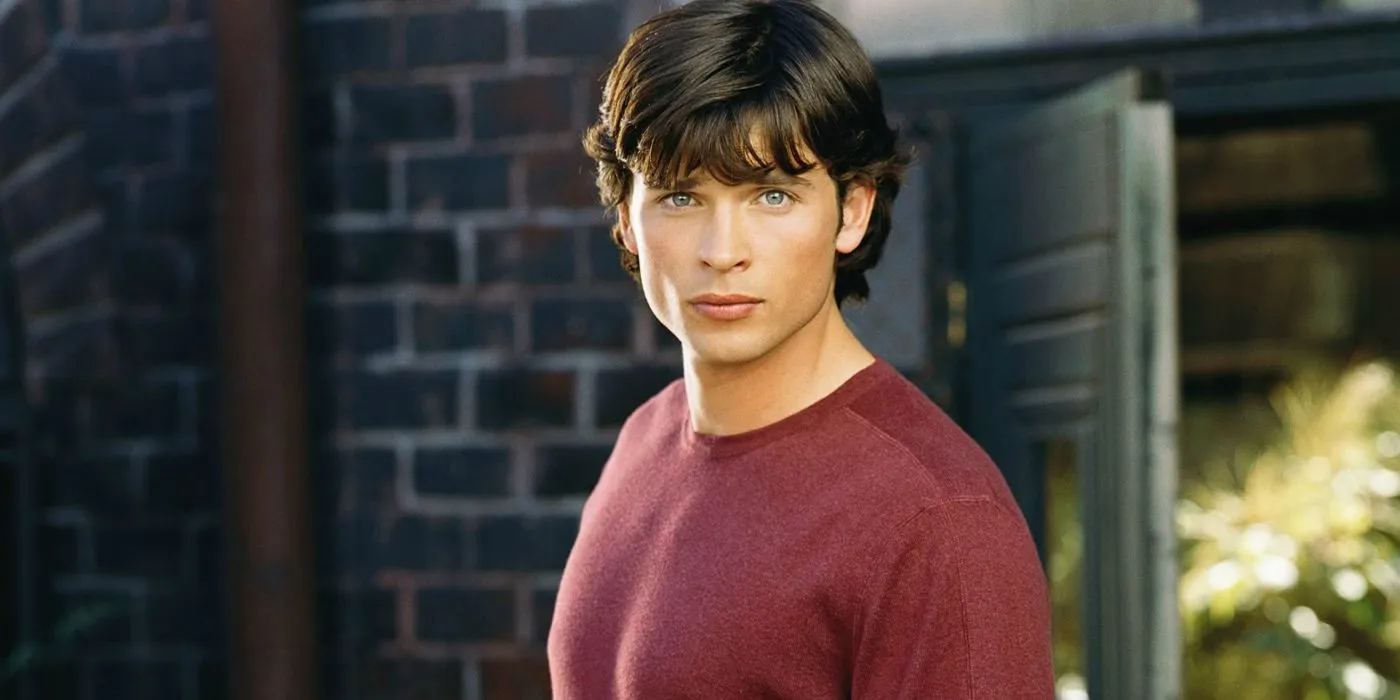
Season 3 is often hailed as the best due to its remarkable ability to balance various tones and storylines. Although it adheres to the high school theme, it delves deeper into Lex’s character, revealing a tragic arc as he uncovers his father’s malevolent conspiracy. Lionel’s manipulations serve as a driving force, pushing Lex toward darkness and straining his once-innocent friendship with Clark.
This season also enhances the overall narrative by introducing the groundbreaking idea that Kryptonians had previously visited Smallville, alongside the arrival of Perry White. The brilliance of Season 3 lies in its blend of earlier storylines with new, exciting developments, showcasing that Smallville is more than a mere teen drama.




Leave a Reply